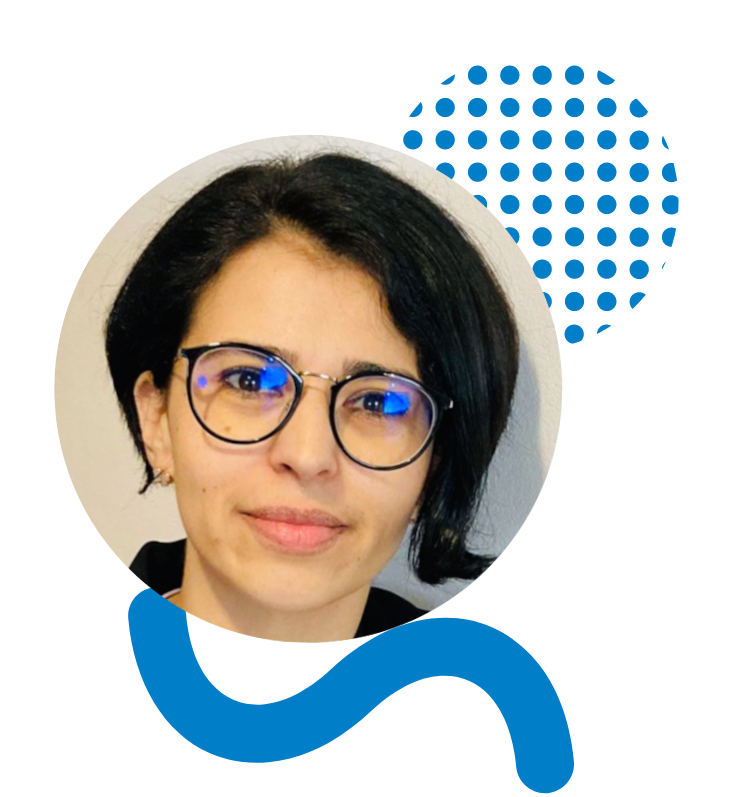Creating Community Impact through Solidarity
This research explores the way community impact occurs through European Solidarity Corps (ESC) funded projects. The goal of the research was to explore the various ways ESC funded projects and organisations create community impact.
The research explores a series of 15 examples of practice from organisations implementing ESC funded actions. The various actions explored are: solidarity projects, team volunteering projects, individual volunteering projects.

